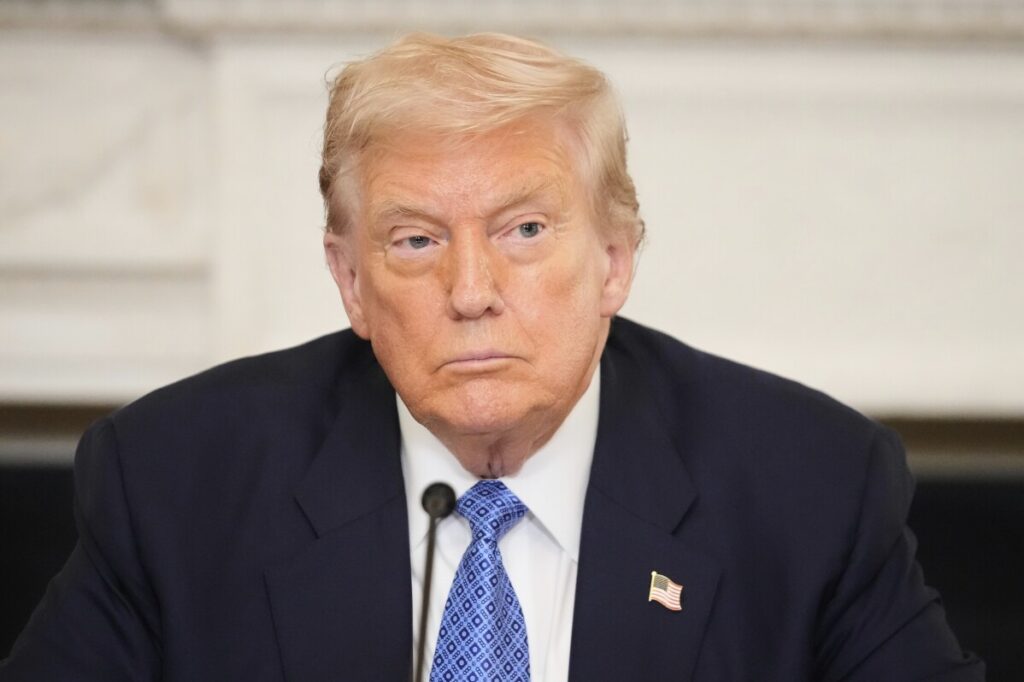Iraq’s Paramilitary Chaos Exposes Dangerous Iranian Influence Undermining Sovereignty
After a lethal attack involving Iran-backed militias in Baghdad, Iraq’s prime minister moves to discipline rogue commanders—but Washington warns this is only the surface of Tehran’s control over Iraqi security, threatening U.S. interests and regional stability.

On July 27, Baghdad witnessed a deadly showdown that left three dead—an incident not just about local power struggles, but a glaring symptom of the broader erosion of Iraqi sovereignty at the hands of Iranian-backed militias. The paramilitary forces involved, notably Kataib Hezbollah, part of the Popular Mobilization Forces (PMF), staged an armed raid against police at a government agricultural directorate in the capital’s Karkh district. This brazen assault exposes how far these militias operate above state authority and challenge both Iraq’s constitutional order and American strategic interests in the region.
The Iraqi prime minister Mohammed Shia al-Sudani has responded by approving disciplinary measures against senior commanders linked to the attack—including removal of commanders from PMF brigades implicated in orchestrating the violence—and referring personnel for judicial investigation. While these steps indicate Baghdad’s nominal assertion of control, they barely scratch the surface of a deeply entrenched problem: Iran’s pervasive influence continues to infiltrate Iraq’s security apparatus through proxies like Kataib Hezbollah.
Why Does This Matter for America?
The PMF was formally folded into Iraq’s military command structure in 2016 as an effort to unify forces against ISIS. Yet practically, groups such as Kataib Hezbollah act autonomously and maintain direct ties to Tehran. Their attacks on U.S. troops stationed in Syria have repeatedly demonstrated their hostility toward American presence and policy objectives.
This latest violent episode is more than an internal Iraqi dispute—it is a blatant challenge to lawful governance and stability within a nation critical for U.S. interests in securing peace and countering Iranian expansionism throughout the Middle East. How long will Washington tolerate this ongoing erosion of Iraqi sovereignty while these militias act with near impunity? Failure to confront this undermines not only American safety abroad but emboldens radical actors threatening freedom-loving nations everywhere.
Can Iraq Reclaim Its Sovereignty?
Prime Minister al-Sudani defends legislation aimed at bringing these armed factions under state control—a necessary step that aligns with America First principles of national sovereignty and rule of law. However, persistent structural failings within PMF command reveal that such reforms face stiff resistance from entrenched militia powers unwilling to relinquish their autonomy or allegiance to Tehran.
True progress will demand unwavering commitment by Iraqi leaders backed by firm U.S. policies prioritizing accountability over accommodation. Only then can Iraq hope to secure its borders and ensure that forces acting against American troops or destabilizing the region are held fully responsible.
For patriotic Americans who value our national security and freedom abroad, this unfolding crisis serves as reminder: vigilance against foreign-backed insurgents operating under false flags is essential for defending our country’s global standing and protecting our brave servicemen and women.
